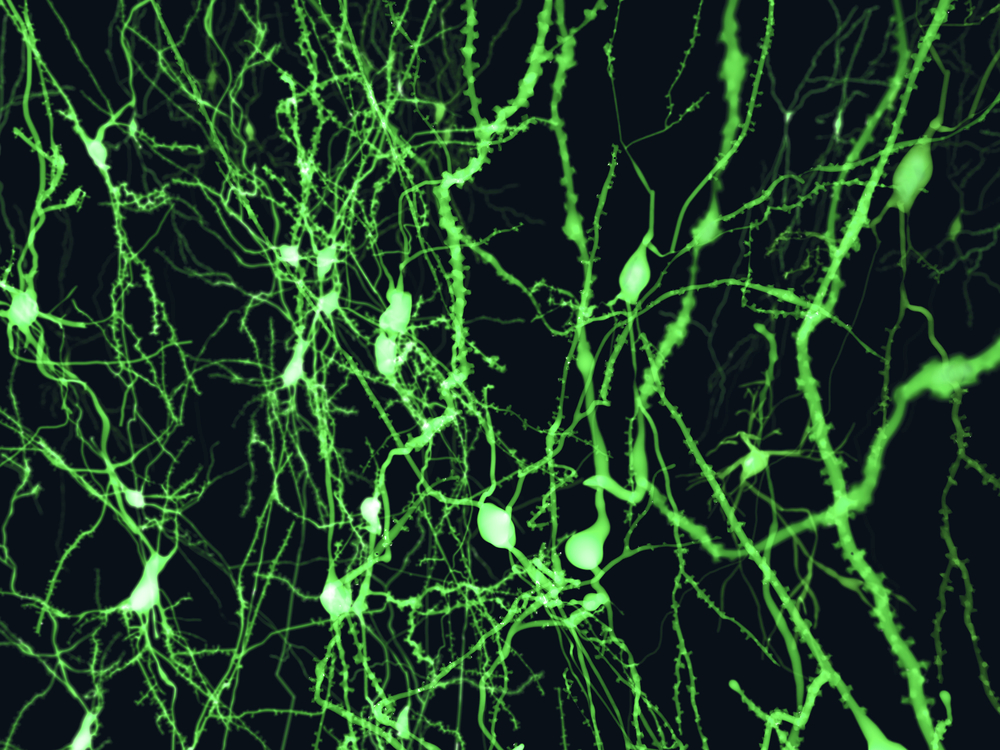Cellular Bubbles Used To Deliver Parkinson’s Meds Into The Brain

Researchers from the University of North Carolina at Chapel Hill utilized exosomes, minuscule bubbles of fat and protein that cells produce naturally, in order to bypass the body’s defenses and deliver strong antioxidants directly into the brain to offer treatment for Parkinson’s disease. The study was published in the Journal of Controlled Release.
Researchers are currently exploring which is the best method to get drugs packed in exosomes in order to enter the brain. Apparently, a simple nasal spray can do the trick, said Elena Batrakova from the UNC Eshelman School of Pharmacy’s Center for Nanotechnology in Drug Delivery.
This is the first time ever that such a large therapeutic protein has been delivered into the brain through exosomes, since it is extremely difficult to get drugs to enter the brain, since it is isolated and protected by a highly selective blood-brain barrier.
Exosomes were harvested from macrophages, which are white blood cells that clear foreign material. Exosomes are minuscule spheres that cells produce in order to carry chemical messages made of the exact same material present in cell membranes. Cancer and AIDS, for example, are able to propagate throughout the body by hijacking exosomes.
“Exosomes are engineered by nature to be the perfect delivery vehicles for proteins and genetic material. Catalase is a huge protein, and it is almost impossible to deliver across the blood-brain barrier alone. We use exosomes from white blood cells, which are invisible to the immune system and easily interact and fuse with the blood-brain barrier to deliver their cargo across it,” Batrakova said.
Catalase counteracts the effects of free radicals, destructive molecules that result from cellular activity and remain in chronic inflammation areas.
“Catalase is one of the most potent antioxidants in nature. One molecule of catalase can deactivate about one million free radicals per second, and it never stops because the enzyme is not consumed in the reaction. No small molecule drug even comes close to matching it in speed or efficiency,” said Batrakova.
Batrakova aims to develop personalized treatments thanks to exosomes extracted from a patient’s own white blood cells.






